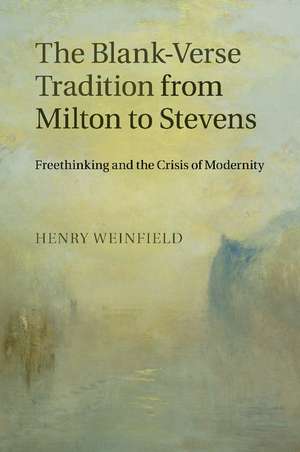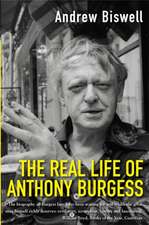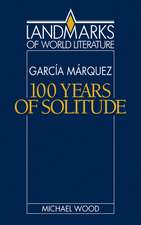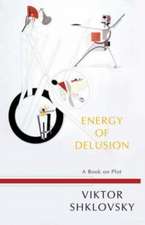The Blank-Verse Tradition from Milton to Stevens: Freethinking and the Crisis of Modernity
Autor Henry Weinfielden Limba Engleză Paperback – 25 mar 2015
| Toate formatele și edițiile | Preț | Express |
|---|---|---|
| Paperback (1) | 283.79 lei 6-8 săpt. | |
| Cambridge University Press – 25 mar 2015 | 283.79 lei 6-8 săpt. | |
| Hardback (1) | 695.06 lei 6-8 săpt. | |
| Cambridge University Press – 27 iun 2012 | 695.06 lei 6-8 săpt. |
Preț: 283.79 lei
Nou
Puncte Express: 426
Preț estimativ în valută:
54.31€ • 56.11$ • 45.20£
54.31€ • 56.11$ • 45.20£
Carte tipărită la comandă
Livrare economică 26 martie-09 aprilie
Preluare comenzi: 021 569.72.76
Specificații
ISBN-13: 9781107507838
ISBN-10: 1107507839
Pagini: 266
Dimensiuni: 152 x 229 x 14 mm
Greutate: 0.36 kg
Editura: Cambridge University Press
Colecția Cambridge University Press
Locul publicării:New York, United States
ISBN-10: 1107507839
Pagini: 266
Dimensiuni: 152 x 229 x 14 mm
Greutate: 0.36 kg
Editura: Cambridge University Press
Colecția Cambridge University Press
Locul publicării:New York, United States
Cuprins
Introduction: blank-verse freethinking and its opponents; 1. 'In wand'ring mazes lost': skepticism and poetry in Milton's infernal conclave (Paradise Lost, Book 2); 2. 'With serpent error wand'ring found thir way': Milton's counterplot revisited (Paradise Lost, Book 7); 3. 'Man's mortality': Milton after Wordsworth (Paradise Lost, Book 10); 4. 'These beauteous forms': 'Tintern Abbey' and the post-Enlightenment religious crisis; 5. 'Knowledge not purchased by the loss of power': Wordsworth's meditation on books and death in Book 5 of The Prelude; 6. 'Who shall save?' Shelley's quest for the Absolute in A Defence of Poetry and Alastor; 7. Keats and the dilemmas of modernity in the Hyperion poems; 8. 'Of happy men that have the power to die': Tennyson's 'Tithonus'; 9. Stevens' anatomy; Bibliography.
Recenzii
'The author proposes that blank verse as deployed and championed by Milton in Paradise Lost lends itself to not only freedom but to freethinking (by which he means independence of thought), as evidenced by selected poems by Wordsworth, Keats, Shelley Tennyson and Stevens. The book's strengths lie in much careful explication de texte and in the light shed on many inter-textual linkages.' Archie Burnett, Milton Quarterly
'The very real pleasures of this book are to be found in its resourceful and sensitive readings of very great poems.' Gordon Teskey, Modern Philology
'The very real pleasures of this book are to be found in its resourceful and sensitive readings of very great poems.' Gordon Teskey, Modern Philology
Notă biografică
Descriere
A detailed study of Milton, Wordsworth, Shelley, Keats, Tennyson and Stevens, tracing what lies behind their choice of blank verse.













